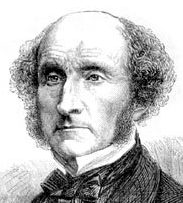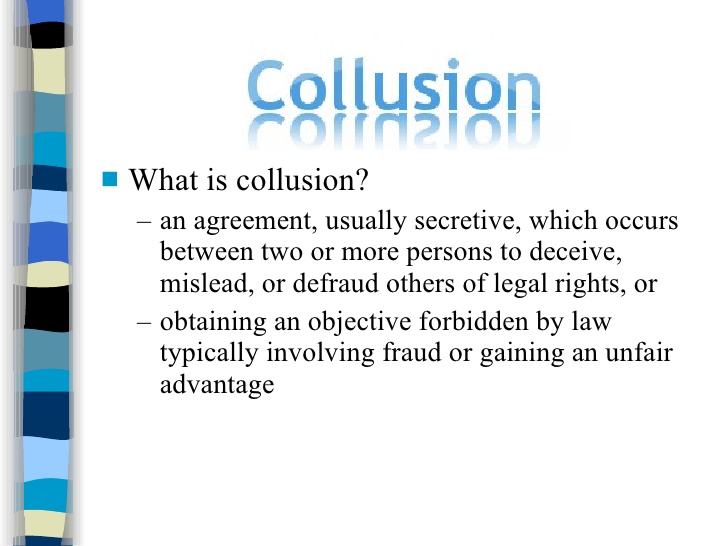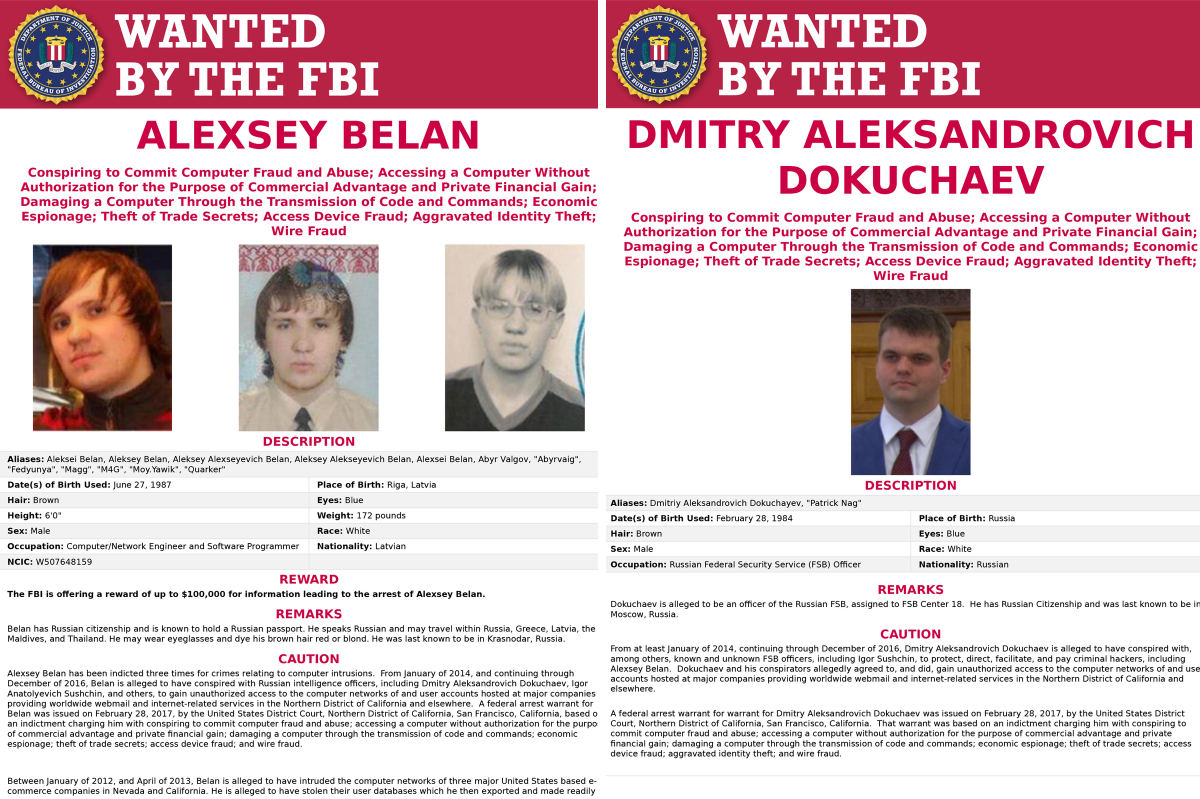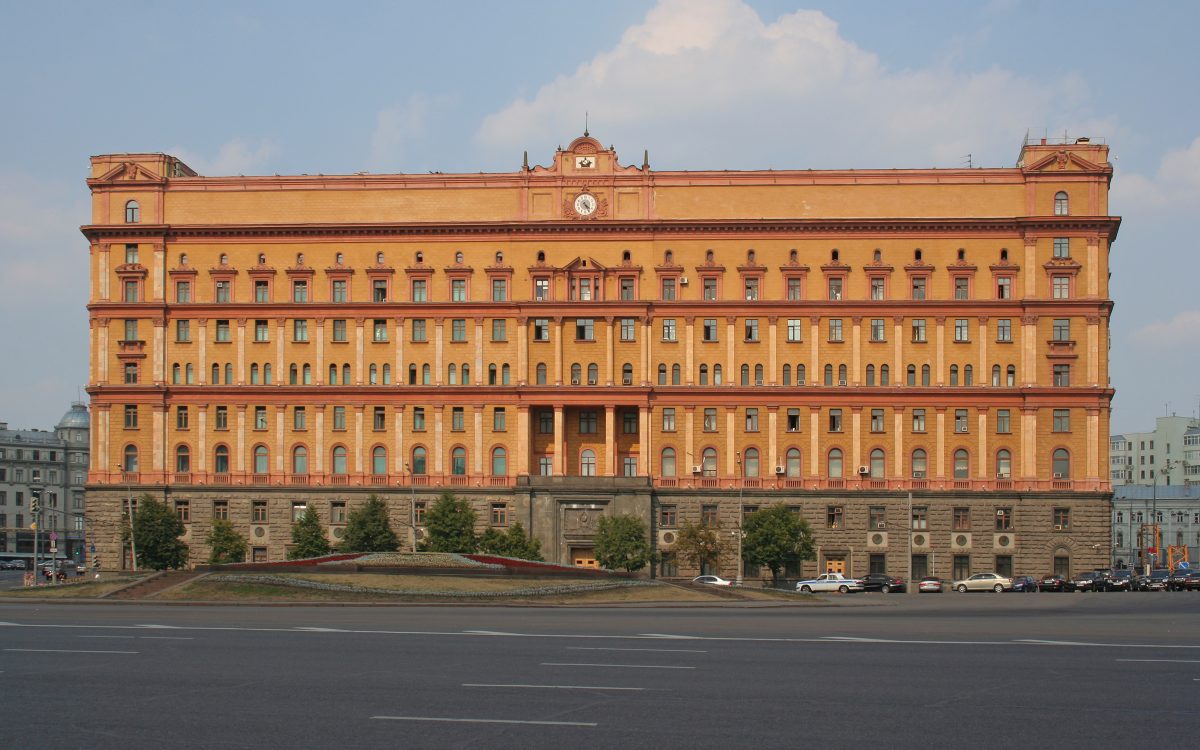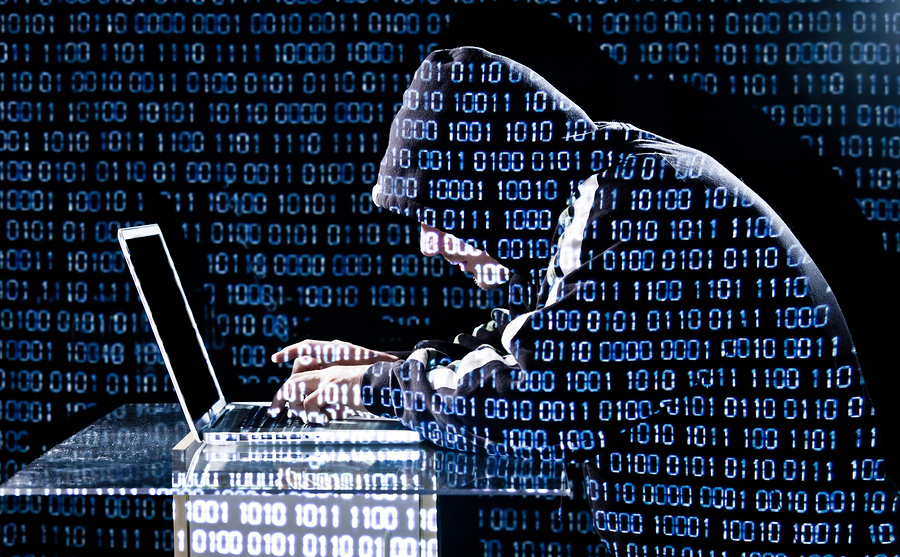So what if there was collusion between the Trump campaign and the Russian government? Is that a crime, as everyone seems to assume? According to Harvard Law Professor Alan Dershowitz, “collusion” between the Russian government and President Trump and/or his campaign is not a crime, unless the collusion involved the act of hacking itself. Pretty startling, right? And based on the public record as it now stands, there is no evidence of collusion between the campaign and the Russians involving the act of hacking. No aiding or abetting by the Trump campaign in the hack attacks. Without other evidence, there’s simply no crime here. Let’s look a little further at Professor Dershowitz’s analysis. Continue reading “Collusion Between Trump and the Russians? No Crime Unless It Involved Hacking”
Tag: Russian Hacking
Russian Spy Charged in Yahoo Case Won’t Be Extradicted to U.S. – He’s Been Charged With Treason in Russia!
This Russian-U.S. hacking/spying scandal just keeps growing tentacles. There is a mounting story here. And no one is paying attention. Today’s latest move in this ongoing battle involved the U.S. Justice Department indictment of two Russians in connection with the hacking scandal involving Yahoo’s email accounts. One Russian spy charged in the Yahoo case is Dimitry Dokuchaev.
Dokuchaev is not just another Russian name. He is no ordinary Russian spy who the Americans would now like to get their hands on. You see, Dokuchaev was arrested in January by, guess who – the Russians themselves. The charge: treason. Continue reading “Russian Spy Charged in Yahoo Case Won’t Be Extradicted to U.S. – He’s Been Charged With Treason in Russia!”
No Illicit Relationship Between President Trump and the Russian Government – Here’s the Analysis
There is enough information in the public domain to conclude, with a high degree of confidence, that there is no illicit relationship between President Trump and the Russian government. Similarly, there is very likely no relationship of any consequence between associates of the President and the Russian government. We now believe that political motivations and agendas drove these suspicions. These suspicions are not supported by facts.
We examine in detail the bases for these critical conclusions. We review the events surrounding the Democratic National Committee (DNC) hacking affair, the major arrests inside of Russian intelligence and what those arrests tell us, and the circumstances surrounding U.S. intelligence and Michael Flynn. It’s a long story to tell, but it leads to a critical conclusion contrary to the oft-repeated claim of an untoward relationship between the President and the Russians. It’s a story that screams for further analysis.
Here’s what we can piece together so far regarding any possible illicit relationship between President Trump and the Russian government. Continue reading “No Illicit Relationship Between President Trump and the Russian Government – Here’s the Analysis”
How Did WikiLeaks Get the DNC Emails? President Obama Extends the Mystery
So how did WikiLeaks get the DNC emails? The DNC-Russian hacking analysis remains incomplete. One thing is certain. The United States intelligence community does not know how WikiLeaks received the Democratic National Committee emails. Former President Obama confessed as much in his last press conference:
The conclusions of the intelligence community with respect to the Russian hacking were not conclusive as to whether WikiLeaks was witting or not in being the conduit through which we heard about the DNC e-mails that were leaked.
How Did WikiLeaks Get the DNC Emails?- Electronic Transmission
If the Russians electronically transmitted emails to WikiLeaks, it is reasonable to conclude that the National Security Agency (NSA) knows it. It may even be likely that the NSA knows it. Here’s the analysis. Continue reading “How Did WikiLeaks Get the DNC Emails? President Obama Extends the Mystery”
Was The Election Result Illegitimate? More Political Hypocrisy
It has been a remarkable, perhaps unprecedented, year in American politics. Rancor, if not outright fear and hatred, prevails. Half-truths, mis-truths, name calling and a litany of much worse. A centerpiece of this blog is that those who would lead can only lead with integrity. So we have taken up the tasks of identifying and exposing political hypocrisy. We have written about it here and now focus on it again with Donald Trump days away from the Presidency. The context here is the simple question, was the election result illegitimate?
The Third Presidential Debate and the Threat to Democracy
We recall the famous remark during the third Presidential debate. It sparked furious claims that the foundations of our democracy were being jeopardized.
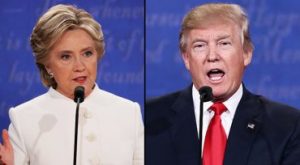
[Chris Wallace]: Will you absolutely accept the results of this election?
[Donald Trump]: I will look at it at the time.
And then came Mrs. Clinton’s equally famous reply:
That is not the way our democracy works. [The United States has been] around for 240 years. We’ve had free and fair elections. We’ve accepted the outcomes when we may not have liked them. And that is what must be expected [from a Presidential candidate].
Mr. Trump’s comment was claimed to be monumental. Some called it “a stunning moment that has never been seen in the weeks before a modern presidential election.” Mr. Trump’s position was so bad that it “threatens to cast doubt on one of the fundamental principles of American politics – the peaceful, undisputed transfer of power from one president to a successor who is recognized as legitimate after winning an election.”
So here we are after the election and, guess what? We have a challenge to our democracy – but this time from the losing Democratic side that had not expected to lose. Continue reading “Was The Election Result Illegitimate? More Political Hypocrisy”
Proof of Hacking by Russian Government? Experts Remain Unconvinced By U.S. Report
The FBI and Department of Homeland Security issued a Joint Analysis Report (JAR) on December 29, 2016. The JAR claims to prove that the Russian government was behind the hacks of the Democratic National Committee and others. This JAR has failed to convince come cyber-security experts of Russian government complicity.
Prior to issuance of the JAR we took a look at the two sides of the debate regarding Russian government hacking. Now, we review that debate in light of the new JAR. We invite readers to further consider whether the U.S. government has proven its claim of hacking by the Russian government. Continue reading “Proof of Hacking by Russian Government? Experts Remain Unconvinced By U.S. Report”
Is it Russian Government Hacks, Someone Else or Inside Leaks?
The CIA has supposedly determined that Russian government hacks, as directed by Russian President Vladimir Putin, were the source for publication of Democratic National Committee (DNC) emails and related emails. Comments from a variety of private security firms buttress these claims. However, in an open letter dated December 12, 2016, the Veteran Intelligence Professionals for Sanity (VIPS) claimed that the emails were leaked, not hacked.
VIPS is no ordinary group of citizens with an opinion. Rather, it includes a group of highly accomplished retired and senior intelligence personnel. It’s steering committee includes intelligence luminaries including Thomas Drake (former senior executive with the NSA), Mike Gravel (former adjutant, top secret control officer and special agent of the Counter Intelligence Corps, as well as a former U.S. Senator), and famed NSA whistle blower William Binney (former technical director, world geopolitical and military analysis in the NSA), among others.
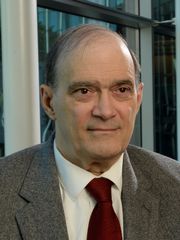
So which is it, Russian government hacks, third party hacks or insider leaks? Here’s what the two sides are telling us to date. Continue reading “Is it Russian Government Hacks, Someone Else or Inside Leaks?”
Russian Hacks – What’s the Fuss? So Far, It’s Just the Pentagon Papers (But Without the Juice)
Russian Hacks Reveal Facts
There may be much to be disturbed about regarding Russian hacks (allegedly) of the Democratic National Committee and the emails of persons affiliated with Mrs. Clinton’s presidential campaign. We presume, for the sake of this Opinion, that the hacks occurred. The theft of information bearing on an American presidential election by a foreign government is no small matter. Yet we realize that espionage is an everyday affair. The U.S. itself, regrettably, has its own sordid history in interfering in foreign elections.
But a singular focus on the thief’s identity amid loud protestations from its victims misses a more important point – truth. To date, there is no hard proof that any of the revealed information was anything other than wholly true. Unless we have missed it, the victims themselves have made no claim of falsity or manipulation of the stolen material.
Evidence that the published emails were changed or falsified would cast the current state of affairs in a different light. It would be a critical slice of information that the American people must see. That information, if it exists, should be made available at the earliest possible moment. It would be proof of an attempt to undermine the Constitution and would significantly elevate the gravity of these events.
Instead, the Russian hacks and the subsequent data publication are no more than the Pentagon Papers redux (or an Eric Snowden encore), but without the substantive impact. Even President Obama observed that the leaked information was “pretty routine stuff.” We differ. Deeds of political impropriety, though perhaps “routine” to some, bear on the virtue and integrity of the actors. Readers are well familiar with the Snowden events. But the 1971 leak of the Pentagon Papers is a relevant analogy to the Russian hacks leading to publication of the emails. Both cases involve important considerations of the Constitutionally protected right of freedom of speech and it’s central place in American democracy.
The Pentagon Papers: A Brief History
In 1967, as the war raged in Vietnam, Secretary of Defense Robert McNamara requested the Department of Defense to prepare a comprehensive study dating back to 1945 of the U.S. involvement in, and policy with respect to, Vietnam. In 1968, over 500,000 U.S. troops were in Vietnam. The study was to be top secret. Thirty-six policy experts, historians, and military analysts participated in preparing the report.
Daniel Ellsberg joined the Defense Department in the 1960’s as a Special Assistant to the Assistant Secretary of Defense for International Security Affairs. Ellsberg was assigned to draft covert plans to escalate the war. He was also one of the 36 selected to work on the secret Defense Department report.
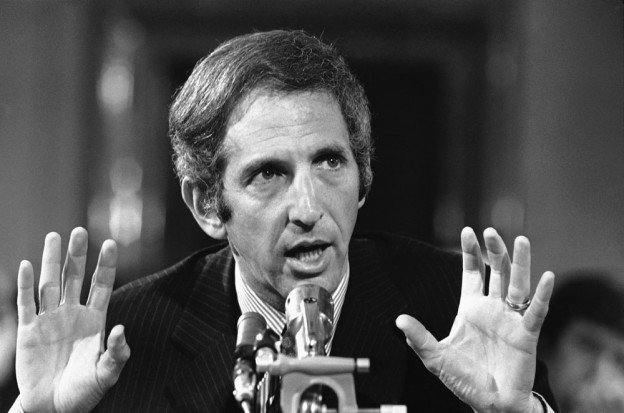
By 1971 Ellsberg had become increasingly disillusioned with the war and believed that the U.S. government was misleading the American people regarding the likelihood of victory. With access to the complete study, he covertly photocopied most of the report (now known as the Pentagon Papers), and turned the material over to both the New York Times and the Washington Post. The Times (along with the Post), over threats from the Nixon administration, published the Pentagon Papers. The published documents revealed that the U.S. government, from President Truman through President Johnson, had regularly misled the public regarding both the conduct of the War and the prospects for victory. Publication of the Pentagon Papers further solidified public opposition to the War.
Freedom of the Press Versus National Security
The Nixon administration fought hard to prevent publication of the Pentagon Papers. For the first time in American history the President claimed that the federal government had the right to restrain publication of information on the grounds of national security. The government’s claim thus pitted the First Amendment protected right of freedom of speech against claims of national security interest by the President.
An initial injunction preventing publication was obtained against the Times. However, shortly thereafter the Government failed to get a similar injunction to prevent publication by the Post. An appeal immediately followed and the matter made its way to the Supreme Court within weeks.
In New York Times v. U.S., 403 U.S. 713 (1971), the Supreme Court ruled that prior restraint of publication of the Pentagon Papers was unconstitutional. The Court stated that “only a free and unrestrained press can effectively expose deception in government.” As Justice Hugo Black wrote, “in revealing the workings of government that led to the Vietnam War, the newspapers nobly did precisely that which the founders hoped and trusted they would do.”
The Court concluded that this First Amendment right superseded the President’s claim that publication of the Pentagon Papers would jeopardize national security: “The word ‘security’ is a broad, vague generality whose contours should not be invoked to abrogate the fundamental law embodies in the First Amendment.”
Two groups of Supreme Court justices led the majority opinion. The first group took an absolutist view. They believed that, regardless of the nature of any threat to national security from any published material, the courts simply do not have the power to suppress that publication. The second group believed that a restriction on the press could only be imposed to prevent “direct, immediate and irreparable damage” to the country, a standard that was not met in the case.
Theft and Publication of the Pentagon Papers vs. Russian Hacks and Publication of DNC Emails
Publication of the DNC and related emails (whether the result of Russian hacks or leaks), is indistinguishable in effect from publication of the leaked Pentagon Papers. In both cases, the published information contained evidence of deception – by public officials in the case of the Pentagon Papers, and by leaders of the Democratic Party and members of Mrs. Clinton’s campaign in the current circumstances. Mrs. Clinton sought to be President.
In each instance, the information published posed no threat of direct, immediate and irreparable damage to the United States. By revealing questionable activity by those who were intimately associated with, and involved with, one of the two leading candidates for the Presidency, the publishers of that information “nobly did precisely what the founders hoped and trusted they would do.” As to truth seeing the light of day for the American people to judge, the identity of the revealer, whether it be Daniel Ellsberg or the Russian government, is of no import.
Publication of Hacked Emails Serves the Same Purpose as the Publication of the Pentagon Papers
To those who claim that the hacked (or leaked) emails may have unfairly changed the outcome of the election we ask this. Would it have been better for the war in Vietnam to have longer continued, or for the U.S. government’s clandestine information gathering revealed by Eric Snowden to have remained unknown in the dark recesses of the cyber plans of the United States government? The American people are entitled to make their judgments based on the truth as it may best be known. Whatever consequences may follow from knowledge of the truth, so be it. Things that are made secret have a way of coming to light.
We await the presentation of any hard facts to prove the invalidity of any of the published emails.
